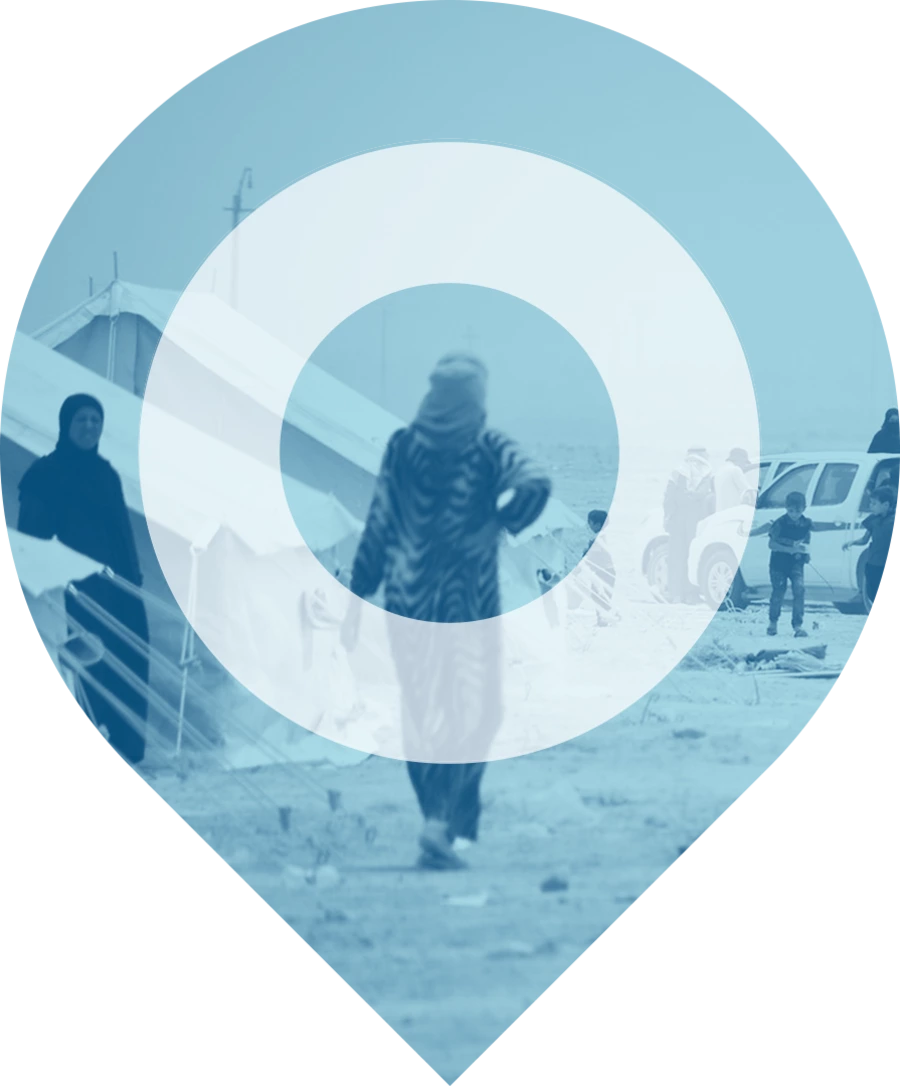Weekly
highlights
Every week, we publish new highlights on recent humanitarian developments to enable crisis responders to prioritise based on the needs of affected populations.
23/09/2025
Nigeria
The 2025 lean season (May–October) in northern Nigeria has been the harshest in recent years, compounding existing pressures. Around 1.2 million displaced people face heightened risks as food shortages, flooding, and constrained assistance drive hunger, malnutrition, and potentially harmful coping strategies. Women and children are disproportionately affected, with notable increases in child marriage, child labour, and gender-based violence. Over 72,000 people have lost vital civil documentation, while rising evictions linked to unpaid rent erode already fragile livelihoods. Searching for food, water, and fuel has exposed families to abductions and attacks. Explosive ordnance incidents have nearly doubled over the past two years, with more than half of casualties recorded since May]. Cross-border movement has emerged in Adamawa, with Nigerians searching for food in Cameroon. Adamawa, Borno, Katsina, Sokoto, Yobe, and Zamfara states remain the epicentres of protection concerns, particularly in ten Local Government Areas facing the most acute crises. (UNHCR 18/09/2025, FEWS NET 29/08/2025)
23/09/2025
Ethiopia
By September 2025, around 1.2 million children, nearly 46% of the school-age population in Tigray, were out of school, according to the regional Bureau of Education, largely due to the lingering social and economic impacts of the war. Nationwide, more than 8.3 million children were out of school by June 2025, driven by conflict, displacement, climate shocks, and insecurity. The prolonged lack of educational access has heightened protection risks, leaving children increasingly vulnerable to early marriage, hazardous labour such as mining, and unsafe, irregular migration. (AS 19/09/2025, UNICEF 02/01/2025, TR 22/02/2025, Education Cluster accessed 25/09/2025)
22/09/2025
Niger
Until 15 September 2025, severe flooding continued to devastate Niger, affecting nearly 268,000 people across 53 departments. At least 110 people have died, including 35 in the southern region of Maradi, the worst affected region. The floods have damaged more than 26,000 homes and 1,100 schools. Over 316 classrooms are serving as temporary shelters for displaced families, potentially disrupting education for more than 26,000 students, with the new school year set to begin in October. Agricultural losses have also been significant, with over 6,500 hectares of crops submerged, heightening concerns about food insecurity. Humanitarian assistance has reached nearly 19,000 households, and urgent needs remain, particularly for shelter and NFIs. Although the rainy season is gradually subsiding in most regions, moderate rainfall through the rest of September may prolong the impact of the floods, worsening food insecurity, malnutrition, and limited access to safe drinking water. (ECHO 17/09/2025, Copernicus 22/09/2025)


